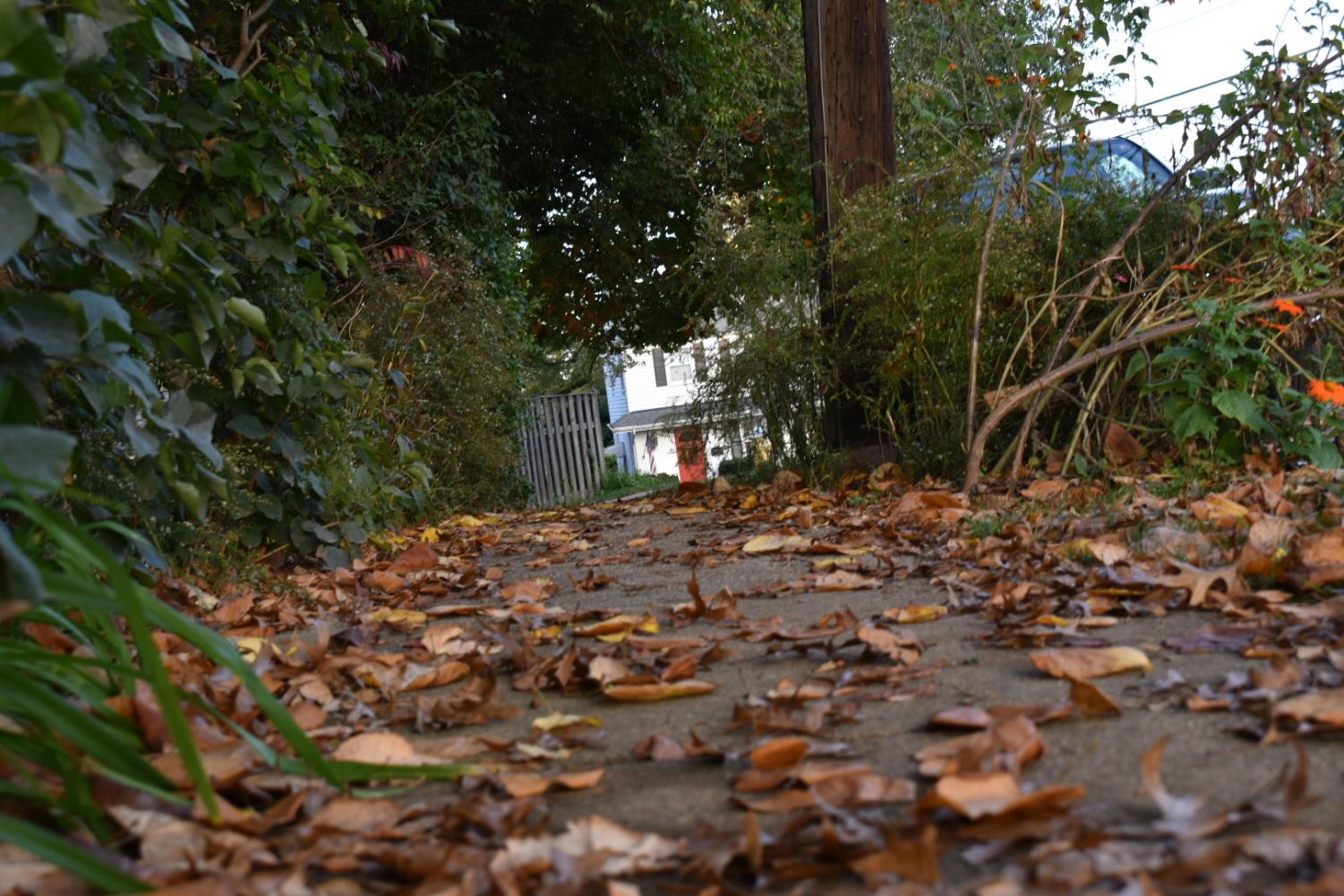The climate crisis has reached critical conditions around the world. It is becoming a large problem that has an effect on each and every person globally. So many of our habits contribute to climate change, and reducing our carbon footprint is an easy step that members of the Arlington community can take to ensure that our planet stays beautiful.
A carbon footprint is the total greenhouse gas emissions caused by a certain number of people. Greenhouse gases are groups of gases, specifically carbon dioxide and methane, that warm the earth, contributing to climate change. The amount of greenhouse gas emissions by a certain group or individual comprises their carbon footprint.
As of 2016, Arlington emits 9.1 metric tons of carbon dioxide per capita. There are many groups in Arlington that focus on reducing carbon emissions and adapting a sustainable lifestyle. EcoAction Arlington is one such organization that fights for sustainability within the Arlington community.
One of their largest programs, Straw Free Arlington, helps reduce plastic waste in restaurants by partnering with restaurants to establish more sustainable dining practices. Single-use, plastic waste is a large contributor to greenhouse gas emissions. The process of extracting, transporting and manufacturing the materials can emit around 850 million tons of greenhouse gases each year.
Straw Free Arlington is partnered with many popular restaurants within the Arlington community. True Food, located in the Ballston Quarter, is one of the program’s partners. True Food has eliminated the use of single-use plastics, and has menus made of recycled plant materials.
While reducing plastic waste is an effective way to reduce carbon emissions, many other factors can increase your carbon footprint. The average US household produces 7.5 tons of carbon dioxide every year.
The majority of these emissions are from heating, air conditioning and electricity. Switching to reusable energy has a huge impact. Unfortunately, the installation and maintenance of reusable energy is extremely expensive and time consuming.
Fortunately, there are programs in Arlington that can make that process easier. EcoAction Arlington partners with the Arlington Solar + Electric Vehicle (EV) Charging Co-op organized by Solar United Neighbors.
Through these solar co-ops, homeowners are brought together to get discounted pricing and quality installation for solar panels and EV charging stations. Starting on renewable energy is cheaper, and the solar co-ops choose an installer and a personalized proposal for the installation. Not only does the co-op provide a cheaper option, a net profit is gained from saving on the electricity bill.
Cars and trucks account for nearly 1/5 of all US carbon emissions. However, Arlington has numerous public transportation systems that are extremely beneficial in reducing carbon emissions.
A single person who switches from a 20-mile commute alone by car to existing public transportation can reduce their annual CO2 emissions by 20 pounds per day. That is equal to a ten percent reduction in all greenhouse gases produced by a typical two-adult, two-car household.
There are many public transportation options in Arlington. A great public transportation option is Arlington Public Transit (ART). ART buses operate on clean-burning natural gas; not only do these buses run on sustainable fuel, you are reducing your carbon footprint by using public transportation.
A carbon footprint is made up of many factors — some more unusual than others. The production of animal products generates the majority of food-related greenhouse-gas emissions — specifically, up to 78 percent of total agricultural emissions.
Plant-based and vegetarian diets are unpopular among many, but meat production is one of the top greenhouse gas emitters. Switching to a vegan diet can reduce one’s carbon footprint by up to 73 percent. Most emissions caused by livestock come from cattle and pork production; even switching from beef and pork to chicken and other forms of meat can reduce your carbon emissions.
Another factor in carbon emissions that many people unknowingly contribute to is fast fashion. Fast fashion is the mass production of high-fashion clothing and distributing them at a low cost. Fashion production comprises ten percent of total global carbon emissions.
It is a difficult issue because it is hard to completely abandon fast fashion. Not everyone can afford to switch to completely sustainable brands, but a cheap and easy alternative is secondhand clothing. There are several Goodwills around Arlington, and consignment shops like Current Boutique in Clarendon.
Another way to reduce carbon emissions is to donate old clothing and shoes to these second-hand stores instead of throwing them away. Green Drop is an organization operating throughout the DMV area that collects donated clothes and household items. Through second-hand shops, these items are converted to dollars that are then donated to organizations such as the American Red Cross and the Military Order of the Purple Heart.
Lowering carbon emissions can seem daunting. However, one person does not have to carry all the weight on his or her shoulders. If every member of the Arlington community made even one change to their lifestyle, it would add up to greatly reduce the carbon footprint of Arlington, fighting against climate change as a whole.








































